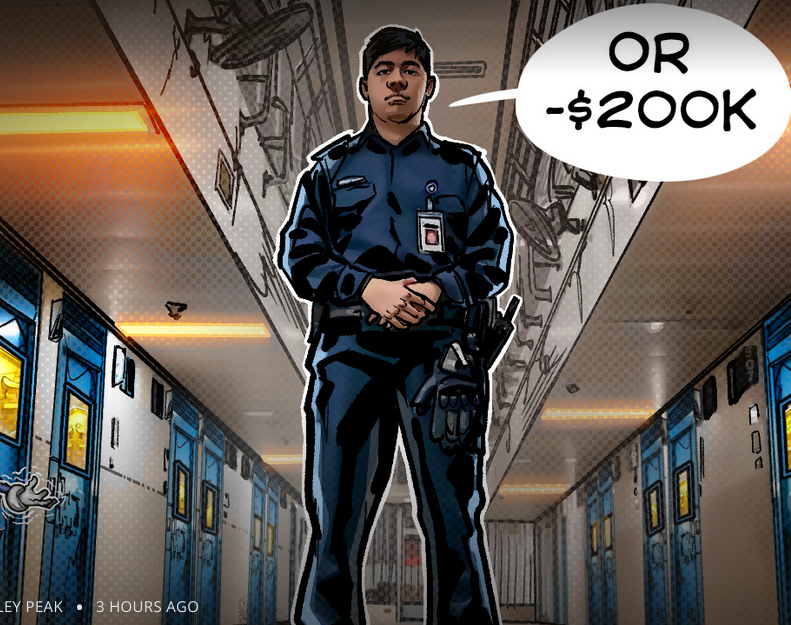Break Singapore’s new crypto rules and you could face $200K fine or jail
Singapore’s new rules broadly define DTSPs to include any entity offering token-related services abroad, regardless of size, structure or direct user involvement
The Monetary Authority of Singapore (MAS) has delivered a clear mandate that all Singapore-based entities offering digital token services to overseas clients must obtain a DTSP licence or halt cross-border operations immediately.
As of June 30, 2025, any entity incorporated in Singapore — whether a company, partnership, or individual — that provides digital token services to overseas clients must either:
Obtain a Digital Token Service Provider (DTSP) licence under the Financial Services and Markets (FSM) Act 2022, or
Immediately cease operations involving foreign markets.
This directive leaves no room for interpretation. MAS has stated explicitly that there will be no grace period, no transitional arrangements and no extensions.
Any entity falling within the scope of these new rules must comply or shut down cross-border digital asset activity.
Importantly, these restrictions apply regardless of the scale of overseas business activity. Even firms for whom foreign clients represent only a small fraction of revenue are affected. MAS is closing off a key regulatory gap that allowed Singapore-based crypto companies to serve global users while avoiding stricter rules in other jurisdictions.
Singapore’s new rules broadly define DTSPs to include any entity offering token-related services abroad, regardless of size, structure or direct user involvement.
According to Section 137 of the FSM Act, a Digital Token Service Provider (DTSP) includes any person or business engaged in:
The transfer of digital payment tokens.
The exchange between digital tokens and fiat or other tokens.
The custody of tokens on behalf of others.
The promotion of any token-related service.
MAS has intentionally drawn the definition wide. It encompasses centralized crypto exchanges, DeFi platforms, wallet providers, token issuers and even non-crypto firms if they offer token-related services to clients outside Singapore.
This means that a Singapore-based startup running a marketing campaign for a foreign crypto project may still be considered a DTSP, even if they don’t touch user funds directly.
The regulatory lens focuses on the place of incorporation, not where servers are located or where the end-user resides.
MAS has emphasized that the business model or revenue size does not exempt compliance. Even small-scale players, part-time projects or side ventures tied to crypto fall under the mandate.
The agency has explicitly warned that it will take enforcement action against any DTSP that has not registered or exited overseas operations by the June deadline.






